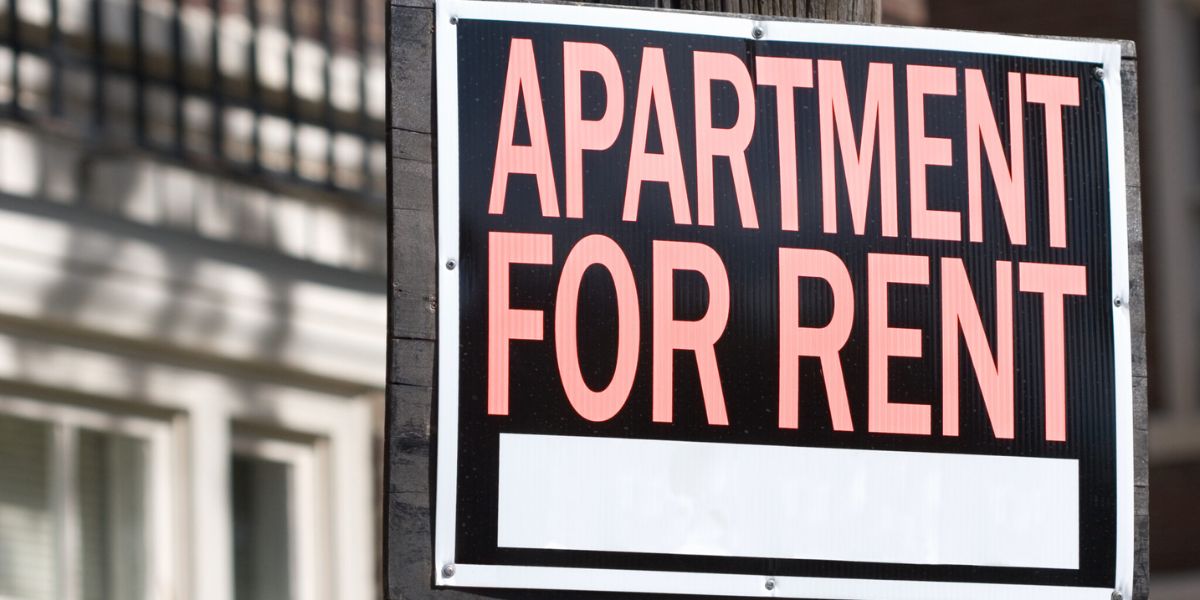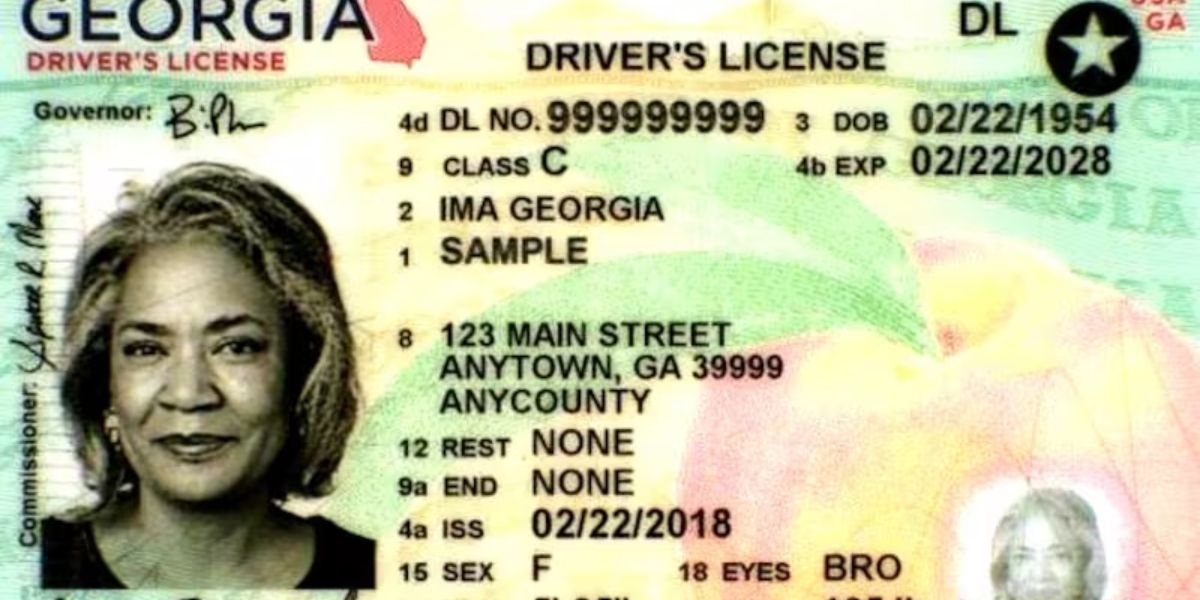In 2025, Massachusetts continues to deal with housing affordability challenges, and rent increases remain a major concern for renters across the state. Understanding the laws around rent increases can help tenants protect their rights and make informed decisions about their housing situation.
Rent Increase Rules in Massachusetts
Massachusetts does not have statewide rent control. This means landlords generally have the freedom to raise rents. However, there are rules in place to protect tenants and ensure that rent increases are not arbitrary or improperly handled.
How Much Can Rent Be Increased?
There is no legal limit on the amount a landlord can raise rent in Massachusetts. However, landlords must follow proper procedures:
Notice of Rent Increase
For tenants on a month-to-month lease, landlords must provide at least 30 days’ written notice before a rent increase takes effect. For tenants with longer lease terms, landlords typically must give 60 days’ notice, though the exact requirement may depend on the lease agreement.
Timing of Rent Increases
Rent increases are only allowed at the end of a lease term unless the lease agreement specifically allows increases during the lease. For month-to-month tenancies, increases can occur after the required notice period.
Rent Increases for Subsidized Housing
Tenants in subsidized housing, including those receiving assistance through programs like Section 8, are subject to different rules. Rent increases in these cases are regulated to keep housing affordable for low-income tenants.
Landlords must follow strict procedures to increase rent in subsidized units. This often includes submitting documents to the local housing authority and justifying the need for an increase based on expenses and market conditions. Rent adjustments in subsidized housing are typically based on changes in the tenant’s income and local cost-of-living trends.
Local Rent Control Measures
While there is no statewide rent control, some cities in Massachusetts have explored or implemented limited rent regulation policies. Cities like Boston, Cambridge, and Somerville have considered local rent stabilization or rent control proposals.
These local measures are not widespread and usually apply to specific types of housing or certain situations, rather than offering broad rent caps. Tenants should stay informed about local ordinances in their area, especially in cities actively discussing rent regulation.
Limits on Rent Increases Related to Evictions
In cases where a tenant is being evicted without fault—such as when a landlord plans to sell the property—there are protections against unfair rent increases. Landlords cannot use rent hikes as a tactic to force tenants out, especially if the tenant is being offered a new lease after the eviction notice.
Massachusetts law ensures that rent increases tied to no-fault evictions must be fair and not punitive. If a tenant believes a rent increase is being used unfairly in this context, they may have legal grounds to challenge it.
Conclusion
Although Massachusetts does not impose rent caps at the state level, tenants still have important protections when it comes to rent increases. Landlords must provide proper notice, follow lease terms, and comply with rules specific to subsidized housing. In some cities, additional local measures may apply. For tenants, staying informed about state and local regulations is essential to understanding their rights and avoiding unexpected rent hikes.




